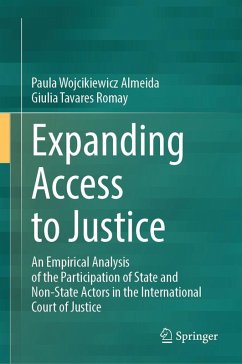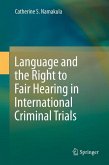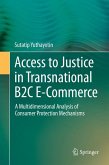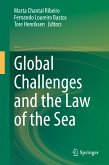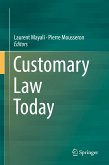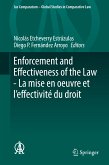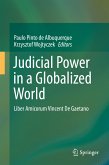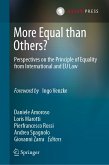The book concentrates on the role and multifunctional character of international courts and tribunals (ICTs). As a component of the international governance structure, ICTs are equipped to protect, express and shape values that reflect community interests by the power granted them in international treaties. They can also be considered a key element for promoting the international rule of law, including the provision of global public goods. Public interest litigation is often used as a vehicle to advance human rights at the national and international level. As the main judicial organ of the UN, the participation of State and NSAs in ICJ proceedings is a subject of the utmost importance to international dispute settlement in general. The decisions delivered by the World Court can help to pursue community interests, for instance by setting internationally relevant precedents or concepts as obiter dicta.
By applying an empirical research methodology to map ICJ practices concerning notifications, submissions and/or applications of State and NSAs, as well as other forms of submitting relevant information to the Court under the ICJ Statute and Rules, the book addresses the potential and limitations of expanded participation in the ICJ's contentious cases and advisory proceedings. The analysis employs broad definitions of "participants" and "participation" in order to reflect the contemporary dynamics of the actors involved in international practice.
Dieser Download kann aus rechtlichen Gründen nur mit Rechnungsadresse in A, B, BG, CY, CZ, D, DK, EW, E, FIN, F, GR, HR, H, IRL, I, LT, L, LR, M, NL, PL, P, R, S, SLO, SK ausgeliefert werden.

